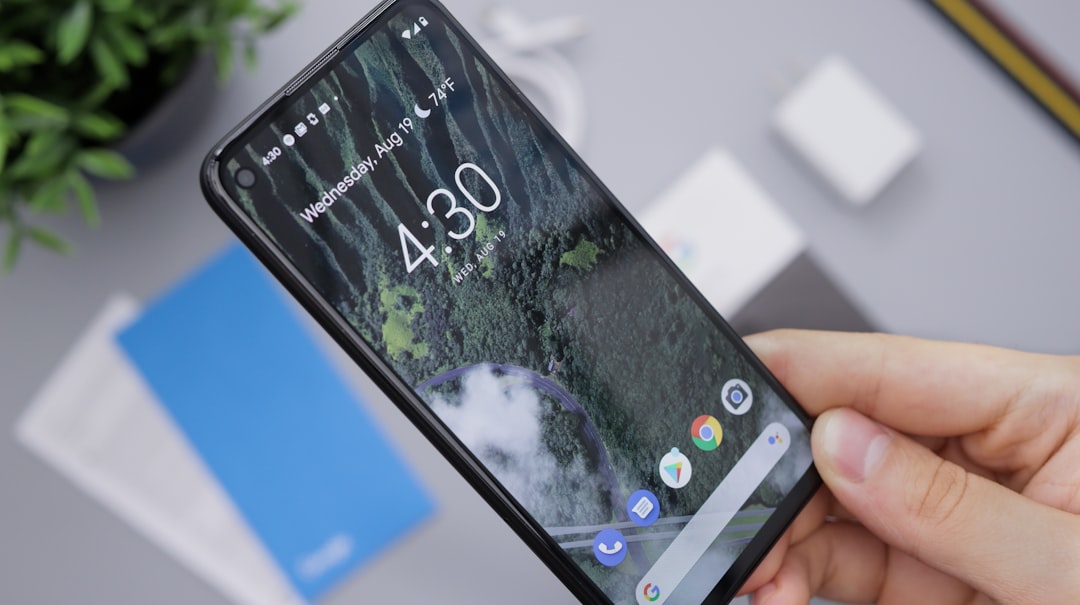Automated calling technologies like autodialers have transformed legal practice in Kentucky, offering enhanced case management and client outreach for law firms. However, autodialer lawyers Kentucky must navigate privacy, consent, and consumer protection laws while prioritizing transparency to build trust with clients. Compliance is critical to avoid legal issues and maintain ethical standards in the use of autodialing systems.
In the modern legal landscape, automated calling technologies, or autodialers, are becoming ubiquitous tools for Kentucky lawyers. However, as these technologies streamline communication, they also raise concerns regarding transparency and ethical practice. This article explores why transparency is crucial when employing autodialers in legal settings. We delve into the benefits for lawyer-client relationships, examine ethical considerations, and discuss regulatory implications, all while shedding light on best practices for Kentucky legal professionals.
Understanding Automated Calling Technologies in Legal Practice

Automated calling technologies, including autodialers, have transformed legal practice in Kentucky and beyond. These tools enable efficient case management, client communication, and marketing strategies for law firms. An autodialer can rapidly reach potential clients through automated phone calls, improving accessibility and response rates. However, with great power comes great responsibility. Lawyers utilizing autodialers must ensure compliance with relevant laws and regulations regarding privacy, consent, and consumer protection to maintain ethical standards.
In the legal context, transparency is key when employing such technologies. Kentucky lawyers should be open about using autodialers in their practices, disclosing this information clearly to potential clients. This ensures informed consent, allowing individuals to make decisions regarding their data and communication preferences. Transparency also builds trust between attorneys and their clients, fostering a culture of integrity within the legal profession.
Benefits of Transparency for Lawyer-Client Relationships

Transparency is an integral aspect of building trust in any relationship, and this is especially true for lawyer-client interactions. When law firms adopt automated calling technologies, such as autodialers, ensuring transparency becomes even more critical. Kentucky lawyers using autodialers should be open about how these systems work and the data they collect, providing clients with a clear understanding of their rights and privacy expectations.
By being transparent, lawyers can foster a sense of security and confidence among their clients. Clients in Kentucky who are aware of the automated processes involved in their legal representation are less likely to feel concerned about their case’s security or question the firm’s integrity. Transparency empowers clients to make informed decisions and actively participate in their legal matters, ultimately strengthening the attorney-client relationship.
Ethical Considerations and Regulatory Implications for Autodialers

When employing automated calling technologies, such as autodialers, businesses must navigate a complex landscape of ethical considerations and regulatory implications. These advanced tools, while efficient, raise important questions about consumer privacy and protection. Kentucky, like many states, has implemented strict regulations to govern the use of autodialers, emphasizing the need for transparency and consent.
Autodialer lawyers in Kentucky play a vital role in ensuring compliance with these rules, which are designed to protect consumers from unwanted or deceptive calls. Businesses must clearly disclose their identity and purpose when using autodialing systems, allowing individuals to opt-out or revoke permission for future calls. Failure to adhere to these guidelines can result in legal repercussions, highlighting the importance of ethical practices in the digital age.






